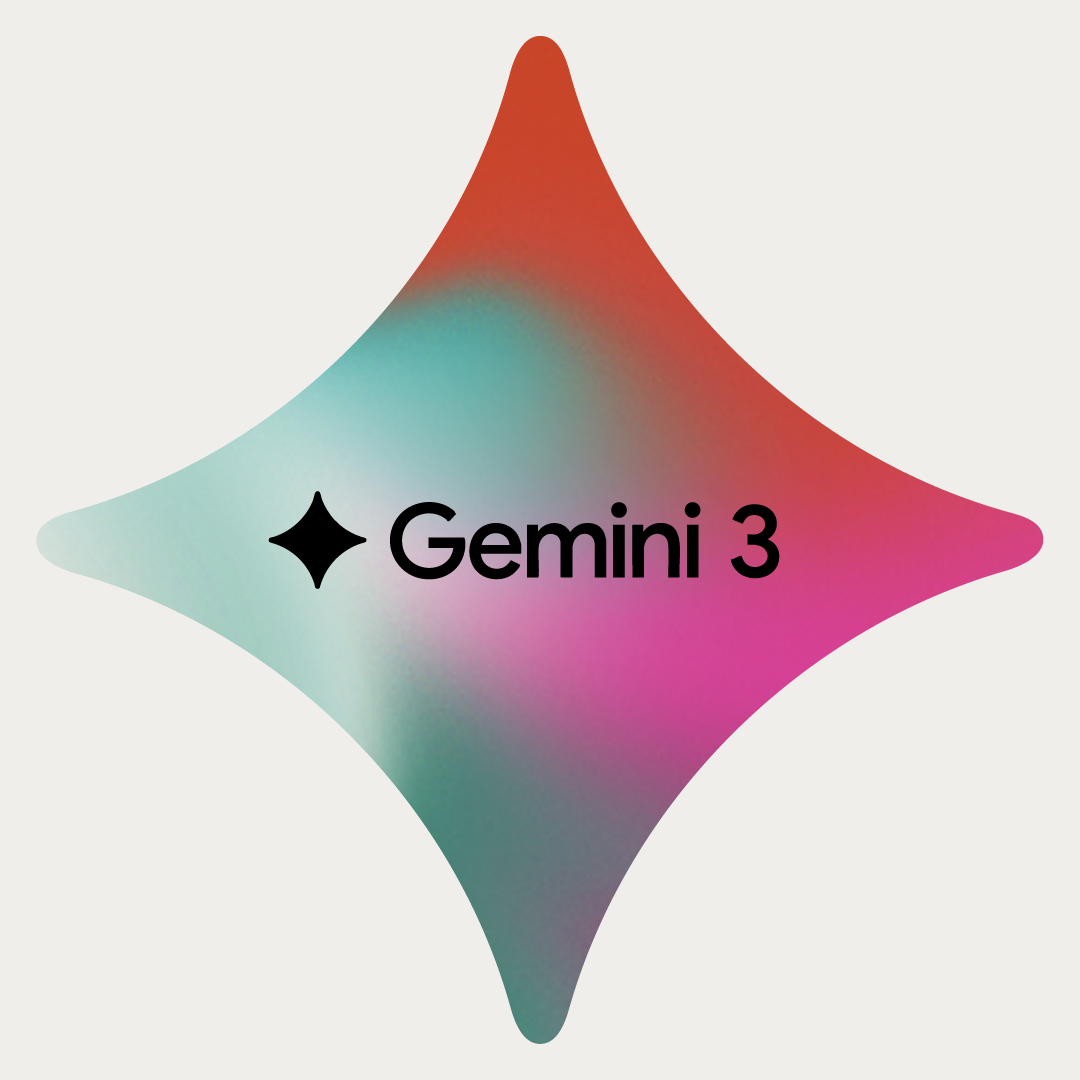The 1970s was a decade of creativity, bold ideas, and transformation, giving birth to some of the world’s most beloved and influential brands. These brands defined ’70s branding and set the stage for future innovations. It was also the decade when Vladimir Jones was founded, marking the beginning of a journey that has led us to become one of Colorado’s best advertising agencies. In the spirit of celebrating our roots, let’s explore 9 iconic brands that were born in this vibrant era.

- Nike (1971)
What started as a small distributor of Japanese running shoes under the name Blue Ribbon Sports became Nike in 1971. With its now-famous Swoosh, Nike didn’t just sell shoes; it set the standard for ’70s branding, inspiring a global movement in sports and fitness and empowering athletes of all levels to “Just Do It.”

- Microsoft (1975)
In 1975, two young visionaries, Bill Gates and Paul Allen, set out to change the world by bringing personal computing into every home. Microsoft’s innovative branding and software revolutionized how we work and play, making technology accessible to millions and establishing it as one of the most iconic brands from the ’70s.

- Starbucks (1971)
Born in the heart of Seattle’s Pike Place Market, Starbucks began as a single store selling high-quality coffee beans. It wasn’t long before Starbucks transformed our coffee culture, becoming a pioneer in ’70s branding that turned a simple cup of coffee into an experience shared in cafés around the world.

- FedEx (1971)
FedEx began with a bold idea—overnight delivery. Frederick W. Smith’s vision of a world connected by fast and reliable shipping changed the logistics industry forever. FedEx’s innovative approach to branding in the ’70s helped it become a household name, delivering more than just packages but also possibilities.

- Atari (1972)
Atari was one of the first companies to make video gaming a part of our lives. From arcade games like Pong to home consoles, Atari captured the imaginations of millions and laid the groundwork for modern gaming. Its ’70s branding strategy turned it into a cultural icon.

- Patagonia (1973)
What began as a small climbing gear company founded by Yvon Chouinard has grown into Patagonia, a brand synonymous with outdoor adventure and environmental stewardship. Patagonia’s commitment to preserving our planet and its unique branding approach in the ’70s continues to inspire both its customers and the industry.

- Puma (Rebranded in 1974)
Puma’s journey began in 1948, but it was the 1970s that saw it truly come into its own. With a rebranding that brought it to the global stage, Puma became known not just for its athletic gear but for its style, becoming a favorite on the track and in fashion, and a standout example of ’70s branding.

- The Body Shop (1976)
Anita Roddick founded The Body Shop with a mission to create beauty products that were not only effective but also ethically sourced. The Body Shop’s ’70s branding, focused on natural, sustainable products, quickly made it a leader in the industry, advocating for animal rights and the environment long before these were common causes.

- The Home Depot (1978)
Founded by Bernie Marcus and Arthur Blank, The Home Depot was built on the idea of creating a one-stop shop for all home improvement needs. Their warehouse-style stores and extensive product selection empowered countless DIY enthusiasts and professionals to bring their visions to life, solidifying The Home Depot’s place among the most iconic brands from the ’70s.
These brands have not only endured but thrived, shaping their industries and making a lasting impact on our lives. As one of the best advertising agencies founded in the 1970s, Vladimir Jones draws inspiration from the innovation and determination that defined ’70s branding—values that remain at the heart of everything we do.






